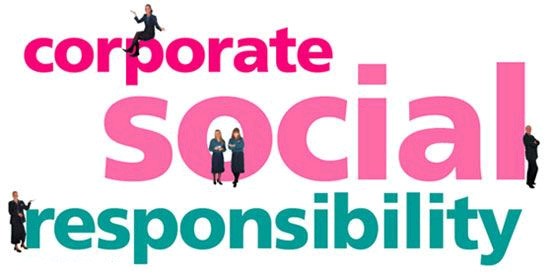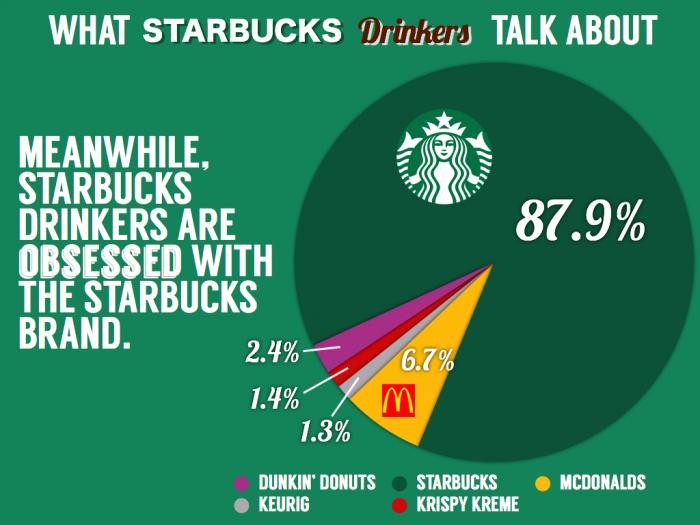Get Your Business Ethics Articles and Articles on Corporate Social Responsibility From_1
Post on: 16 Март, 2015 No Comment

* * *
Dow Jones Global Corporate Survey of Business and Anti-Corruption Yields Encouraging Evidence on Corporate Approaches.
Survey Finds that More Than 55% of Companies Delay or Avoid Working with Global Business Partners; More Than 40% of Companies Have Lost Business to Competitors That Won Contracts Unethically
The press statement by Dow Jones — More than half of the companies doing business internationally are shelving key business partnerships due to concerns about corruption liability in foreign markets, according to this years Dow Jones State of Anti-Corruption Survey. The bi-annual survey, which surveyed more than 300 companies worldwide, also found a marked increase in the number of companies claiming to have lost business due to competitors acting unethically from 10% in the 2009 study to 40% today.
Strict liability provisions in legislation like the U.K. Bribery Act make businesses responsible for the activities of their agents and partners overseas, and this is having a direct impact on the occurrence of new business partnerships between firms, said Rupert de Ruig, managing director of Risk & Compliance, Dow Jones & Company. However, whats striking is that only 30% of the companies say they are monitoring partner business integrity. Firms are spending more time investigating new executive hires than they do screening new business partners, leaving their companies open to risk in this area.
More than 40% of Companies Have Lost Business to Unethical Competitors
Of those claiming to have lost business to an unethical competitor, most believe the competitor broke anti-corruption laws in doing business.
At face value these findings support the view that anti-bribery and corruption regulation damages business and is ineffective in stopping corporate bribery, said Mr. de Ruig. However, there may be a stronger argument that the findings are an indication of higher standards and controls in companies and an increasing awareness of bribery and unethical business practices in the marketplace.
Factors Causing Review of Business Partner Relationships
Executives cited government sanctions and negative media coverage as the events most likely to trigger relationship reviews. Companies in Asia-Pacific, in particular, focus more than others on ownership and management changes.
Majority Back Reporting of Suspected Bribery Among Competitors
More than half of respondents (56%) believe businesses should always report suspected bribery by a competitor to the appropriate authorities; and among Asia Pacific respondents this percentage rose to nearly 70%. Only 8% felt companies should never file reports.
Nearly 70% of respondents in the Asia-Pacific region believe bribery should always be reported. Bribery is seen by some organizations as an accepted way of doing business in certain parts of the Asia-Pacific region, said Mr. De Ruig. However, contrary to perceptions, the responses indicate that local companies claim to have very little tolerance towards unethical behavior.
Resource Constraints Have Led to the Centralization of the Compliance Function
According to the survey, nearly half the companies lack confidence in their due diligence processes. The same number attribute this to difficulty in assessing the credibility of information or having insufficient resources. Compared to the 2009 survey, companies have shifted compliance responsibility away from regional teams, to more centrally controlled groups.
Any tendency to centralize due diligence responsibilities produces efficiencies and makes it easier to implement global standards. However, it may leave companies open to risk, as they lack the local cultural knowledge and language skills of staff on the ground, said Mr. de Ruig. The survey reveals that these concerns are felt particularly keenly in Western Europe where almost one third of executives point to lack of time, and almost one in five to lack of linguistic expertise, as impediments to effective due diligence.

Anti-Corruption Programs Have a Sell-by Date
Almost three quarters of respondents have anti-corruption programs in place, with consistent rates of implementation across all regions and industries. Nearly 45% of these programs have been in place for six years or more. In contrast, only 8% of respondents have implemented an anti-corruption program in the past 12 months.
We recommend that companies with long-established anti-corruption programs conduct regular reviews to ensure their relevance in the fast evolving landscape of anti-corruption regulation, added Mr. de Ruig. A program that was adequate six years ago may not offer the same level of protection.
Posted 05/27/2011
* * *
TOP US BUSINESS SCHOOLS FOR ETHICS
MBA in Corporate Social Responsibility (CSR) and Business Ethics
The notions of Corporate Social Responsibility (CSR), Sustainability and Business Ethics have changed drastically over the past decade; and consequently the ways in which top business schools address and adapt the topics into their MBA programs have also changed, according to QS TOPMBA














